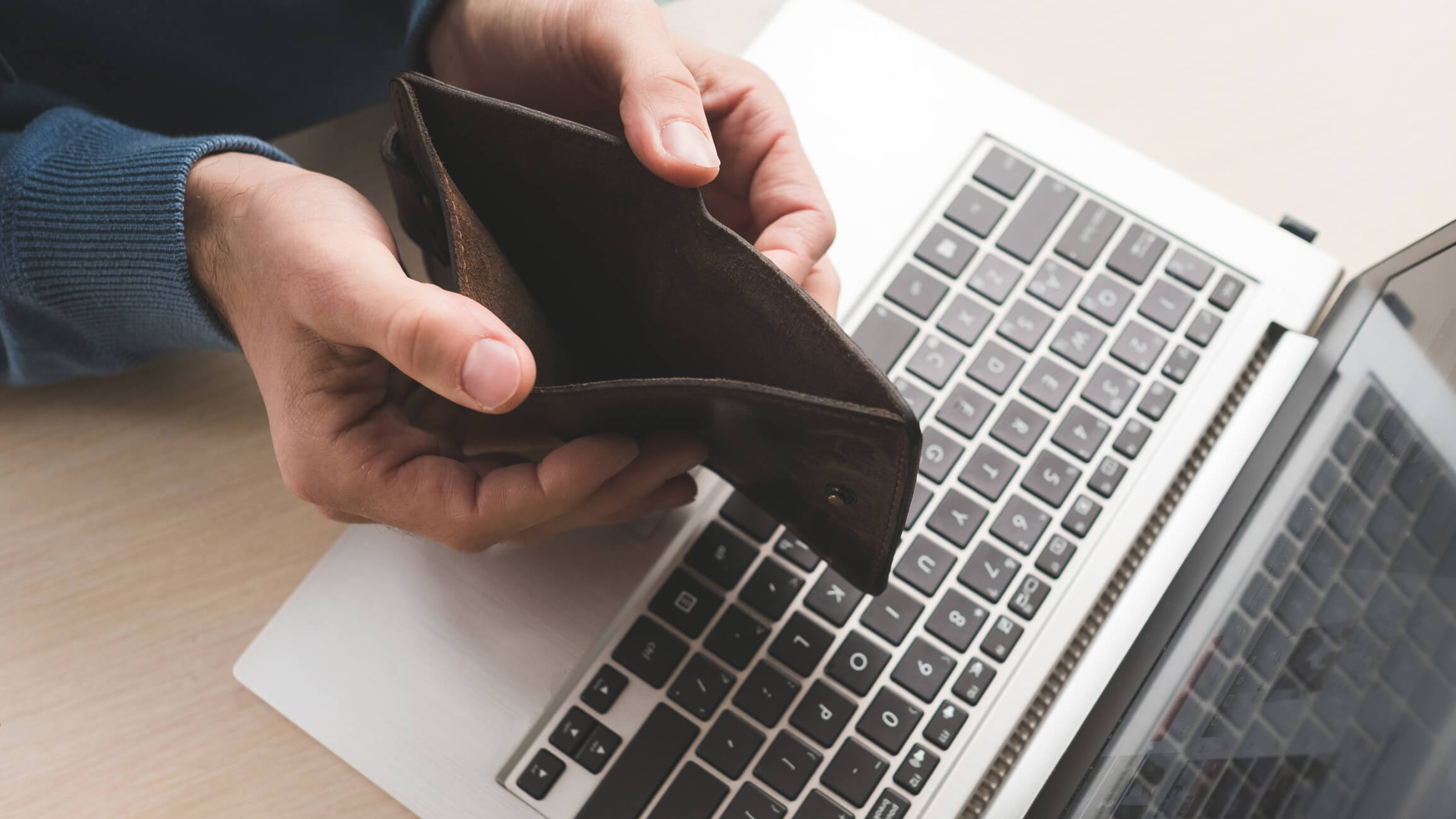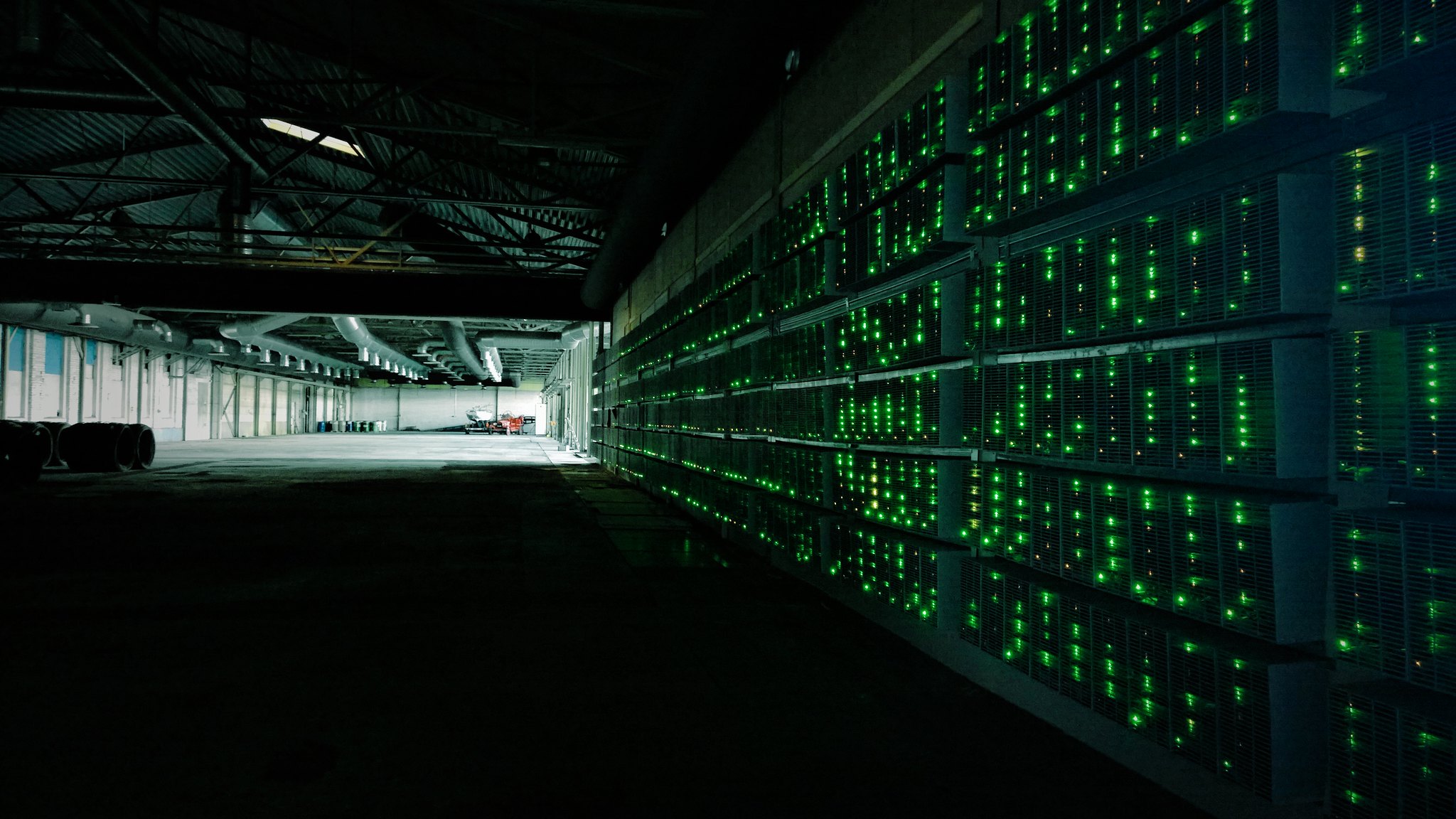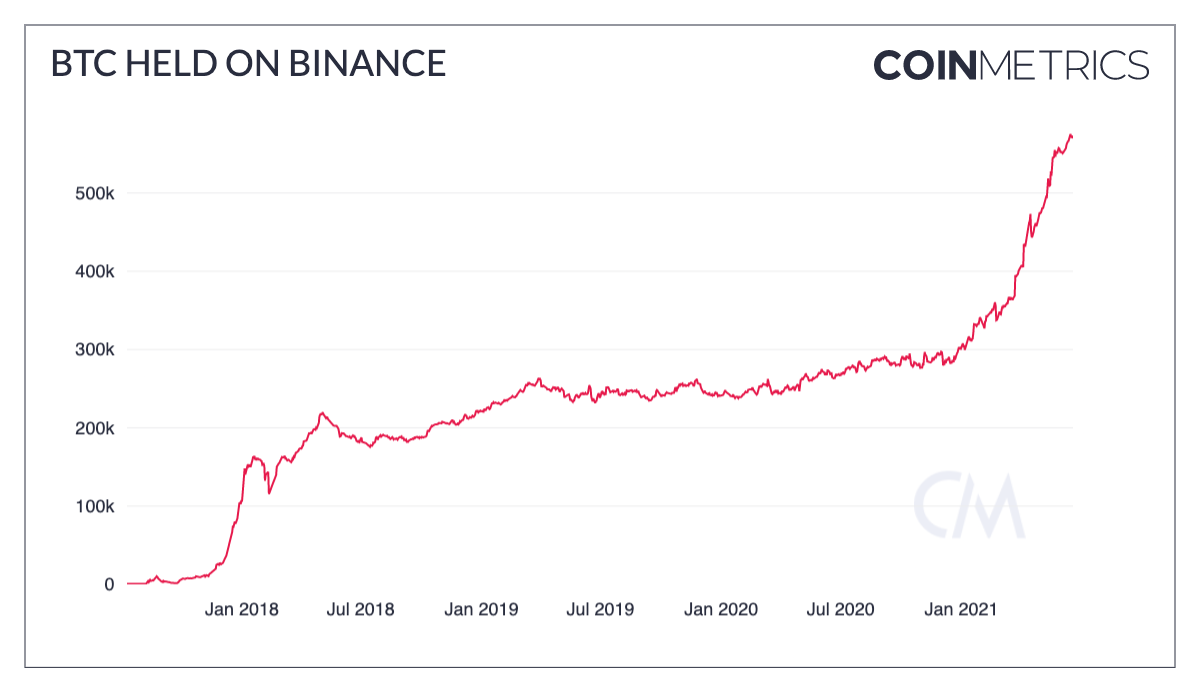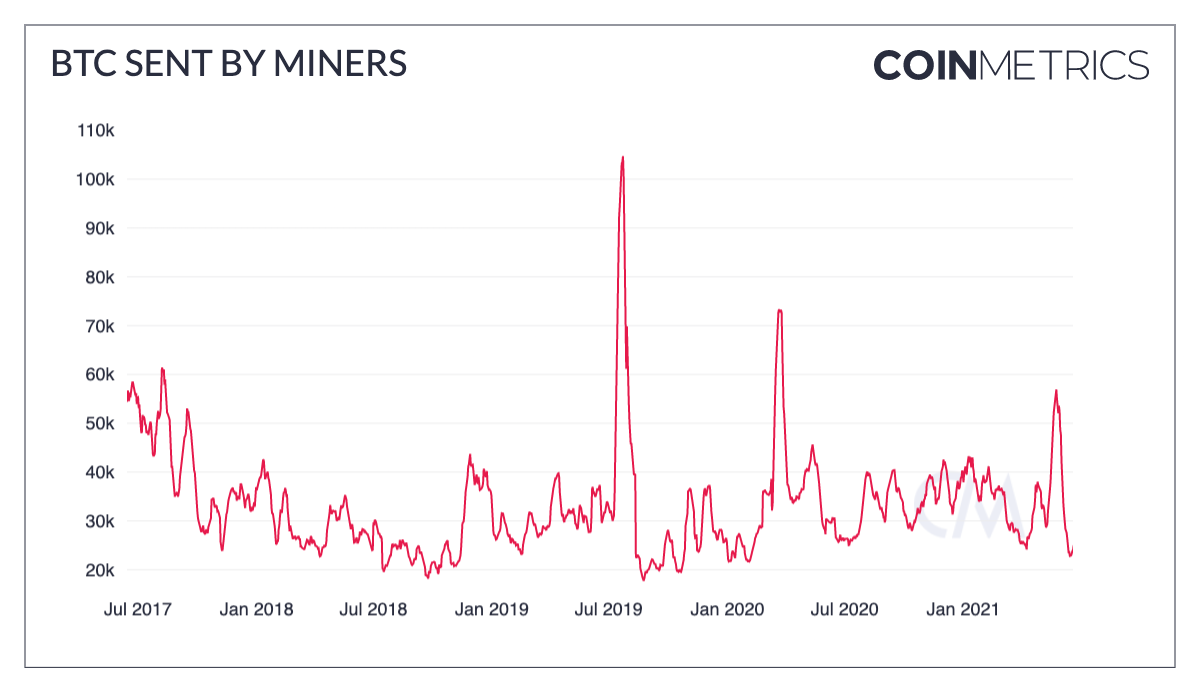Australian auction house Lloyds is accepting major cryptocurrencies as payment, sparking almost immediate interest from Aussies wishing to trade in crypto for collector or sports cars.
Lloyds now allows bidders to use major cryptocurrencies such as Bitcoin (BTC) and Ethereum (ETH) to pay for goods, with sellers paid in cash. The auction house is known for selling some of the most expensive cars in Australia but says it will be accepting crypto for all goods.
In the meantime, Lloyds has seen a surge of interest, and “within hours of offering cryptocurrency as a payment option, an A$100,000 custom-built caravan was paid for entirely by crypto“, according to Lloyds’ chief operations officer Lee Hames.

The longtime patron of Lloyds who bought the caravan said that he had no second thoughts about using crypto for the purchase and that he was amazed at how simple the process was.

Lloyds has joined the ranks of auction houses that accept crypto. On July 9, Sotheby’s will auction a very rare diamond and will allow bidders to bid online with crypto from June 25. Mecum, one of the world’s largest collector car auction companies, also accepts crypto as payment.
In April, CarBuyers.com.au announced a new payment system that allows Aussies to sell their vehicles for Bitcoin.
Crypto For Cars and Earthmoving Machinery
Since Lloyds allowed payment with digital currency, it has noticed more potential buyers looking at everything from classic cars to heavy earthmoving machinery. According to Hames, Lloyds’ dedicated crypto line has seen inquiries “pour in” since making the option available.
We have seen people using this as a way of divesting out of cryptocurrency and back into real-life assets. As prices drop, people are taking some profits off the table and transferring [them] to something like a classic car or bulldozer and putting it to work.
Lee Hames, Lloyds COO
Lloyds Auctions offers some of the rarest and most desirable collectible cars for sale in Australia, and by opening channels for crypto it has allowed people to acquire them as easily as paying with Visa or Mastercard. Sellers can choose to be paid in digital currencies or Australian dollars.
Lloyds Has Dabbled in Blockchain Technology Before
Earlier in June, Lloyds also announced it would be minting non-fungible tokens (NFTs) for a collection of glass plate negatives capturing 140 years of “arguably the most significant photographic collection” in Australian history. The NFTs will serve as proof of ownership, stored on the blockchain for the owners of each piece.




















